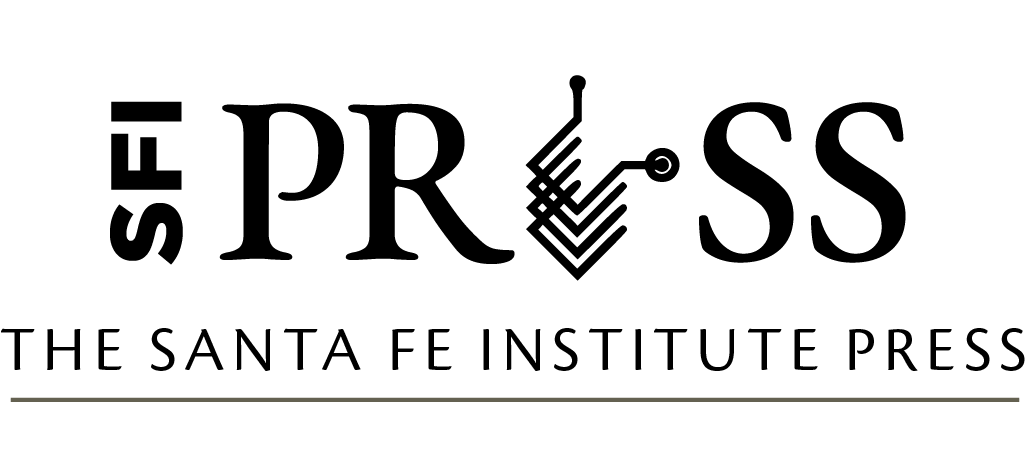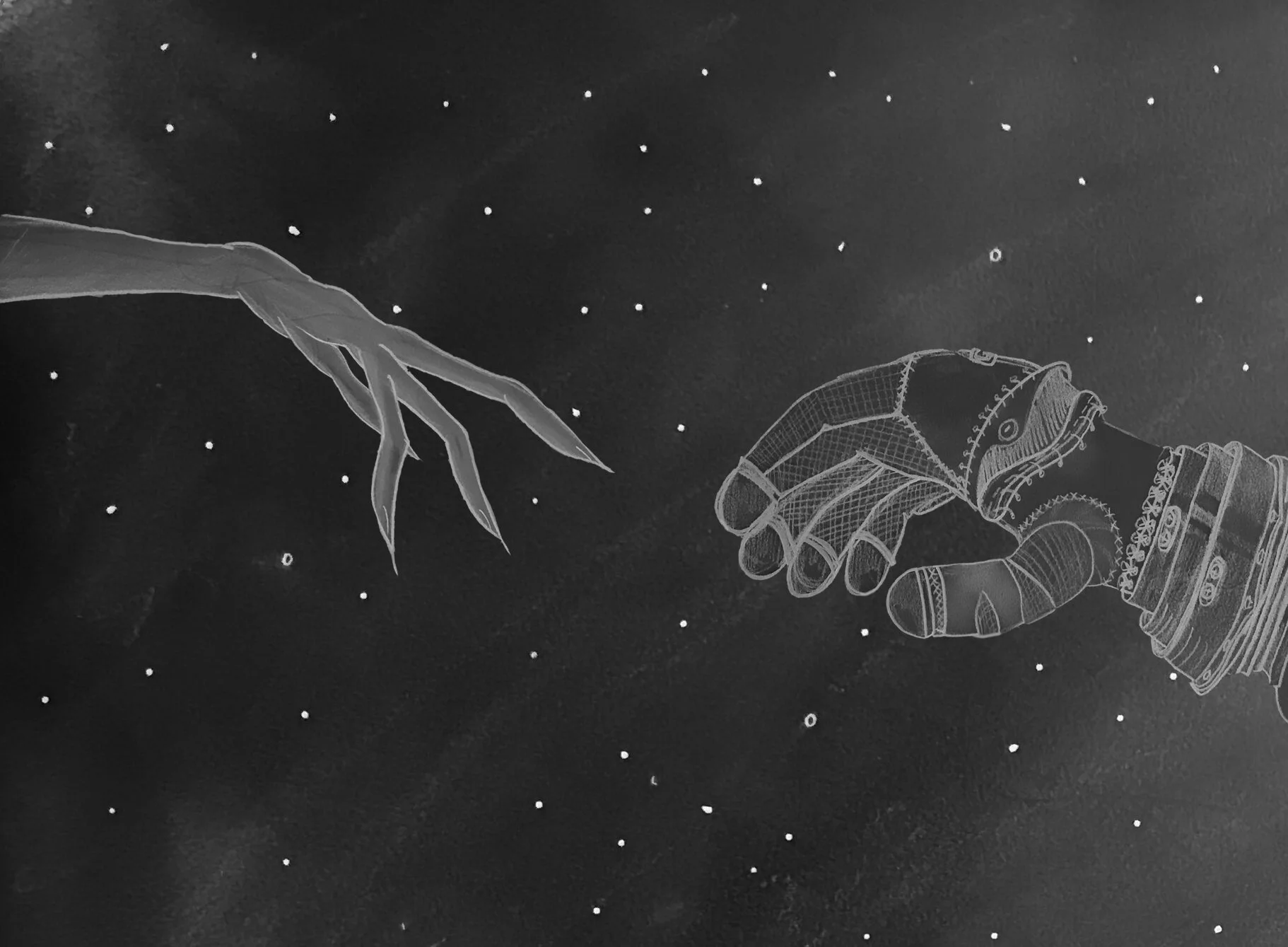Four-volume “Foundational Papers” project reflects on a century of complexity science
Foundational Papers in Complexity Science
Volume 4 (828 pages)
Publication Date: December 19, 2024
ISBN: 978-1-947864-59-7 (Paperback),
978-1-947864-55-9 (Hardcover)
$25.99 (Paperback), hardcover forthcoming
On December 19, the SFI Press published Volume 4 of Foundational Papers in Complexity Science. Following the publication of Volumes 1 and 2 in May and Volume 3 in September, this concluding book contains papers published between 1989 and 2000 — an era when complex-systems science had become a fledgling field of study in its own right. Hardcover and paperback versions of each book are available globally at cost; they are not available as ebooks due to electronic reprint rights.
Foundational Papers constitutes the largest-scale project the SFI Press has undertaken since it was established in 2017. These books reproduce 89 influential 20th-century papers, pairing them with newly written introductions and annotations by researchers from SFI and the wider complexity-science community.
Volumes 1–3 span the turbulent years from 1922 to 1962; the dystopian decade of global instability, social revolution, space exploration, and growing ecological awareness between 1962 and 1973; and the maturing of complexity science in the age of democratized computing from 1974 through 1988.
Picking up in 1989, Volume 4 marks the era of the global internet, ubiquitous computing, and multiple network revolutions. Unifying frameworks, from connectionism and scaling theory to new models and theories of transmission and contagion, emerge while our understanding of socio-economic and cultural systems is transformed.
Volume 4 features many names from within the SFI research community both as authors of included papers and “adopters” of others’ original papers. Sid Redner, Mirta Galesic, Pablo Marquet, and Rajiv Sethi have written introductions and annotations for original papers authored or co-authored by J. Doyne Farmer, Steve Lansing, Geoffrey West, and Sam Bowles, respectively. Many SFI researchers, like W. Brian Arthur, Melanie Mitchell, and Stephanie Forrest, participated in the Foundational Papers project as both original authors and adopters.
“I’m a big fan of knowing the history of one’s field and understanding how those origins led us to where we are now,” says Mitchell, an SFI Resident Professor. In Volume 1, Mitchell adopted Marvin Minsky’s 1961 paper “Steps Toward Artificial Intelligence;” Volume 4 includes her 1993 paper with Peter Hraber and Jim Crutchfield, “Revisiting the Edge of Chaos: Evolving Cellular Automata to Perform Computations,” introduced and annotated by David Ackley. “People are so caught up in the present and forget about the past,” says Mitchell, hopeful that resources like Foundational Papers will help the next generation of scientists be more informed about the history of their fields. Fractal Faculty and External Professor Sean Carroll already plans to incorporate the volumes into his teaching curriculum at Johns Hopkins University, and by focusing on access at libraries and universities, the SFI Press hopes to provide students of complexity with an accessible road map.
SFI External Professor Stephanie Forrest, who adopted J. Doyne Farmer’s “A Rosetta Stone for Connectionism” and is featured as an author of the 1994 paper “Self–Nonself Discrimination in a Computer,” both in Volume 4, says that finding common principles governing adaptive systems remains an important outstanding problem. “Farmer's seminal paper was an early and important effort in this direction, and it was inspiring to revisit this ambitious work,” she says. “By curating a set of key papers and publishing them with commentary, this project represents a milestone in the development of a science of complexity.”
In his introduction to the Foundational Papers project, editor and SFI President David Krakauer outlines four initially discrete, but increasingly interconnected, pillars that led to the emergence of complexity science. “The revolutionary quality of this project has become increasingly clear over the course of these publications,” says Krakauer. “Complexity science has emerged as the principled investigation into the multifarious patterns arising in the self-organizing and selective world, in distinction to the symmetries dominating the simple universe.”
Giveaway
Want to win your own set of Foundational Papers in Complexity Science? Tell us how SFI and complexity science have influenced your life and work. One lucky winner will be sent paperback copies of all four volumes.
Entry form: https://sfipress.org/foundational-papers-in-complexity-science-giveaway-web
Deadline: February 16, 2025
Results of the random drawing will be announced February 19, 2025 on SFI social media accounts.
This article originally appeared on santafe.edu/news.


